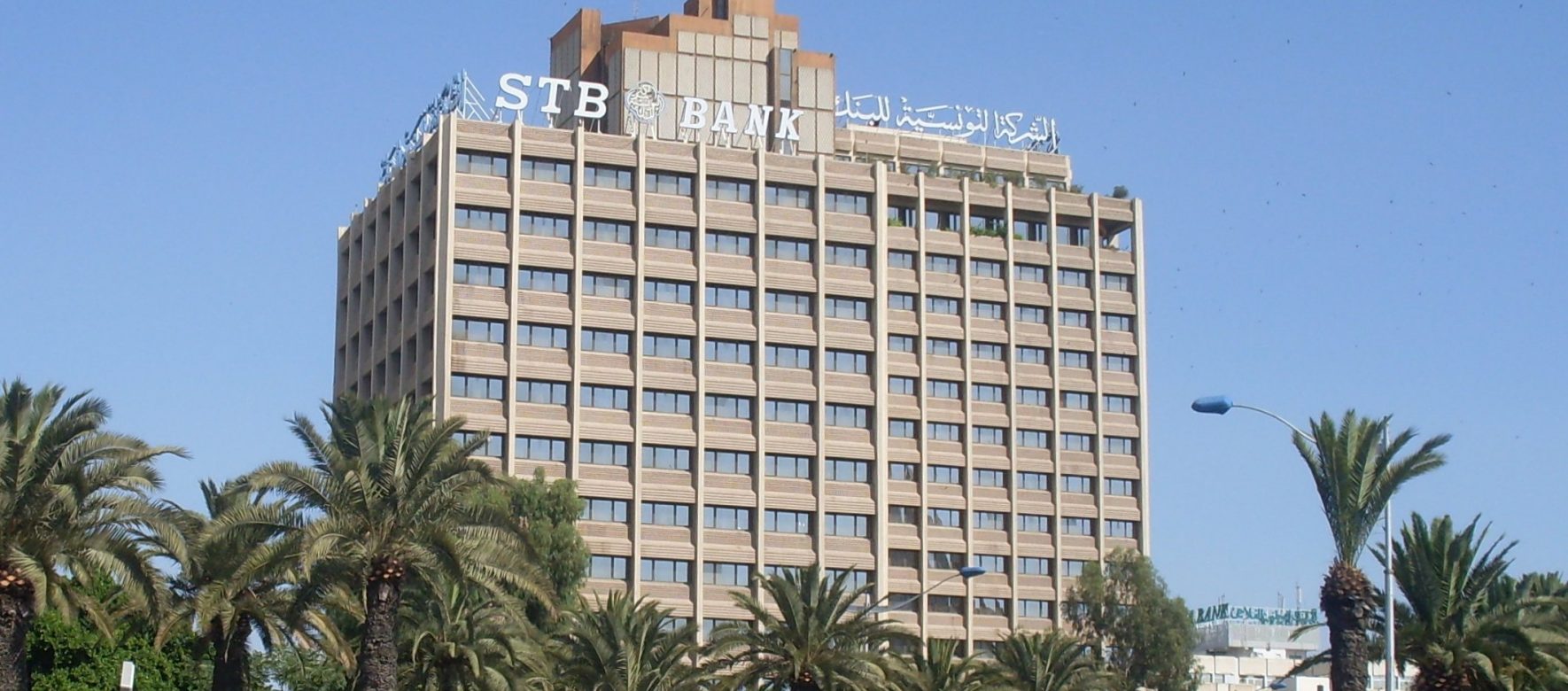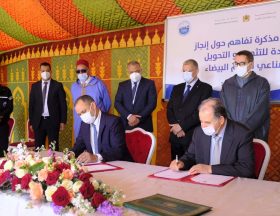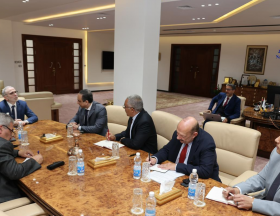The war between Russia and Ukraine will have important consequences in Tunisia. The World Bank (WB) Vice President for the MENA (Middle East and North Africa) region, Ferid Belhaj, believes that this crisis is expected to disrupt grain and oilseed supply chains, increase food prices , and skyrocketing the costs of domestic agricultural production.
Indeed, more than 70% of Tunisian soft wheat imports come from Ukraine and Russia. Ukraine is also the country’s main supplier of corn and barley. According to the World Bank, the war between Ukraine and Russia will also have repercussions on the cost of agricultural inputs for cereals, leading to a reduction in their use and therefore a drop in yield and income, which is extremely detrimental to the subsistence of Tunisian farmers. The WB Vice-President for the MENA region believes that the World Bank’s budget support operations could prove particularly effective in mitigating this crisis.
As such, the institution reaffirmed its unfailing support for the MENA region and Tunisia with the promise to intensify technical and analytical assistance on issues of budget sustainability, subsidy reform, food security, monitoring of trading and agricultural risk management. The World Bank has granted more than USD 1 billion to Tunisia between 2021 and 2022 in the form of assistance and financing.
What impact of the war in Ukraine on the Tunisian banking sector?
In a note published on March 7, S&P Global Ratings examines the effects of the war in Ukraine on banks in the Middle East and Africa. According to the rating agency, rated Tunisian banks have minimal activity outside the country and therefore their exposure is limited.
On the other hand, it is in a more indirect way that Tunisian banks could be affected, particularly in connection with the increase in investor risk aversion. S&P believes that Tunisia, alongside Qatar and Turkey, would be among the most vulnerable countries. In Tunisia, this risk aversion is also aggravated by the growing exposure of Tunisian banks to the State and the questioning of the sustainability of public debt, but also by the negative impact of the crisis on tourism (with a decline in Russian and Ukrainian visitors) since tourist receipts contribute considerably to the economy and to the exposure of banks.
What measures should be taken in the context of the war in Ukraine?
The Arab Institute of Business Leaders (IACE) published a note on March 9 alarming the Tunisian government about the consequences of the war in Ukraine on the Tunisian economy. If the figures remain difficult to quantify, it is certain that the impact is imminent and that it will have effects in the medium term. The general rise in prices, particularly of subsidized products, will weigh considerably on the State budget, which could lead to major economic and social deterioration. The IACE presented an arsenal of emergency measures to limit the effects of the crisis on the country.
Among them, the institute suggests setting up a crisis unit to identify alternatives to sources of supply, to communicate with the population on the reality of the situation and its impact, to direct agricultural water resources to crops cereals, increase phosphate production to relaunch fertilizer production, speed up negotiations with the IMF, renegotiate debt rescheduling, etc.
In parallel, the Tunisian President, Kaïs Saïed and the Secretary General of the UGTT, Noureddine Taboubi, spoke by telephone on March 9 about the general situation in Tunisia and its negative repercussions on the social climate and the power of ‘purchase. The UGTT has announced that a meeting will soon take place between the two personalities.
Source Embassy of France in Tunisia











Réagissez à cet article